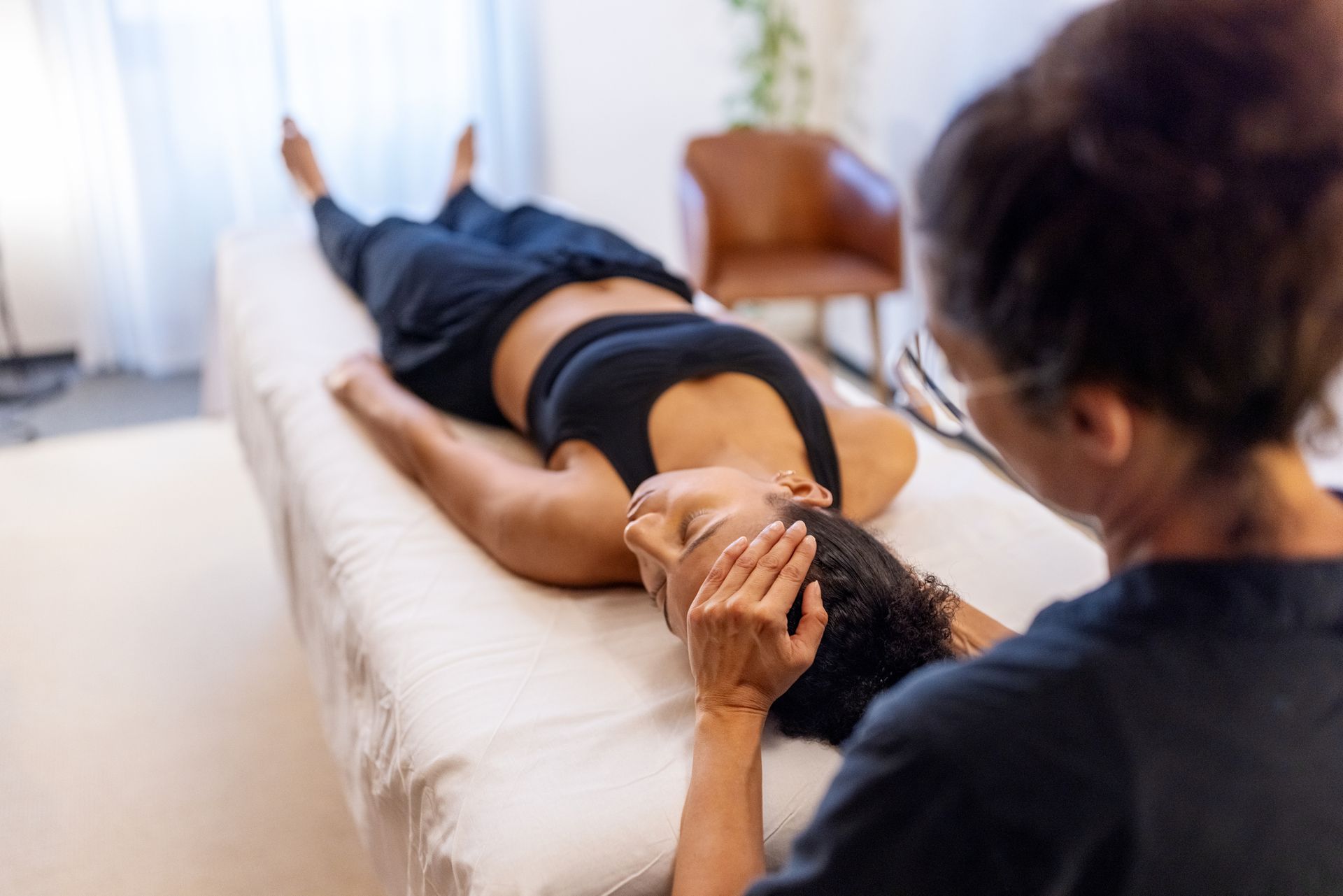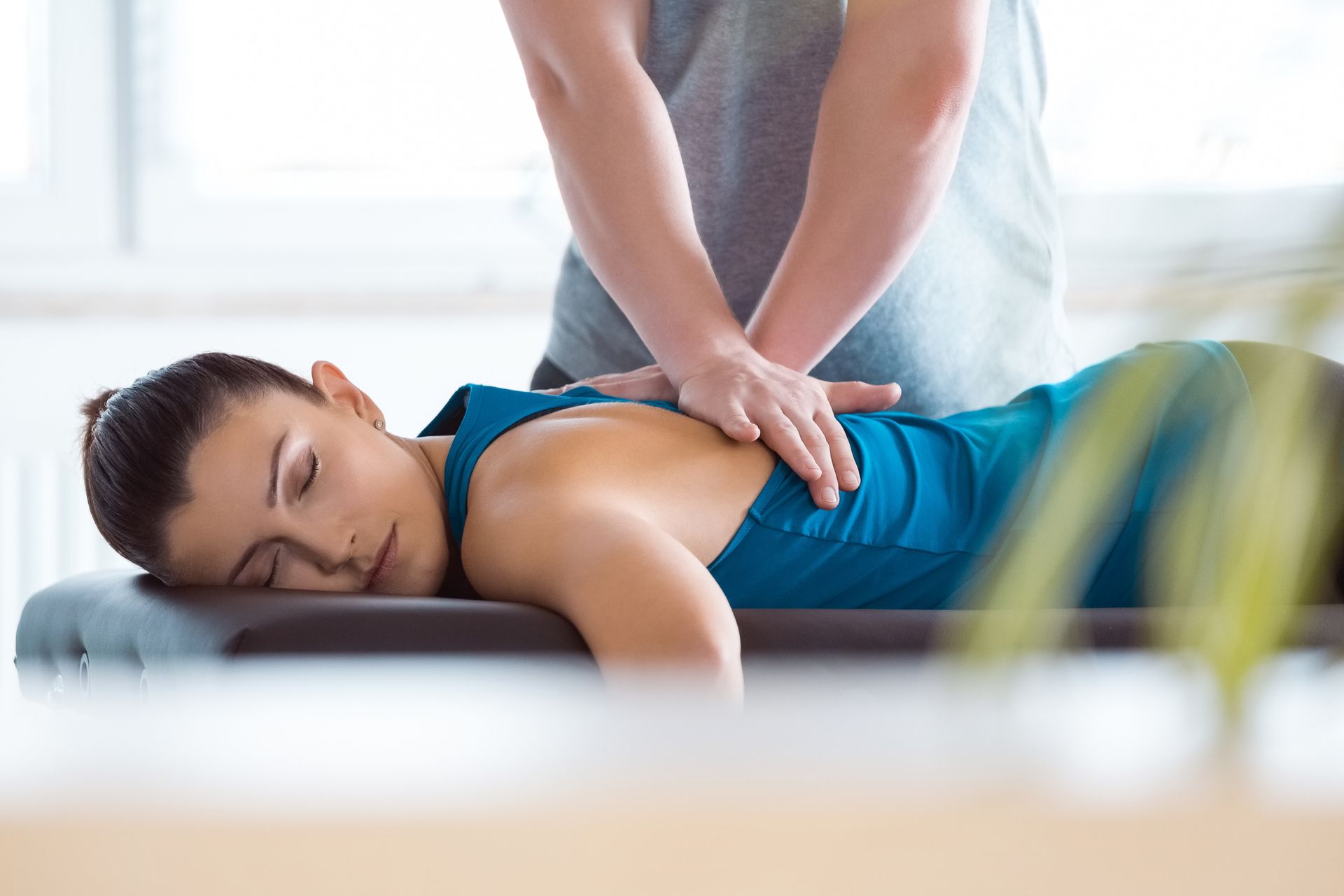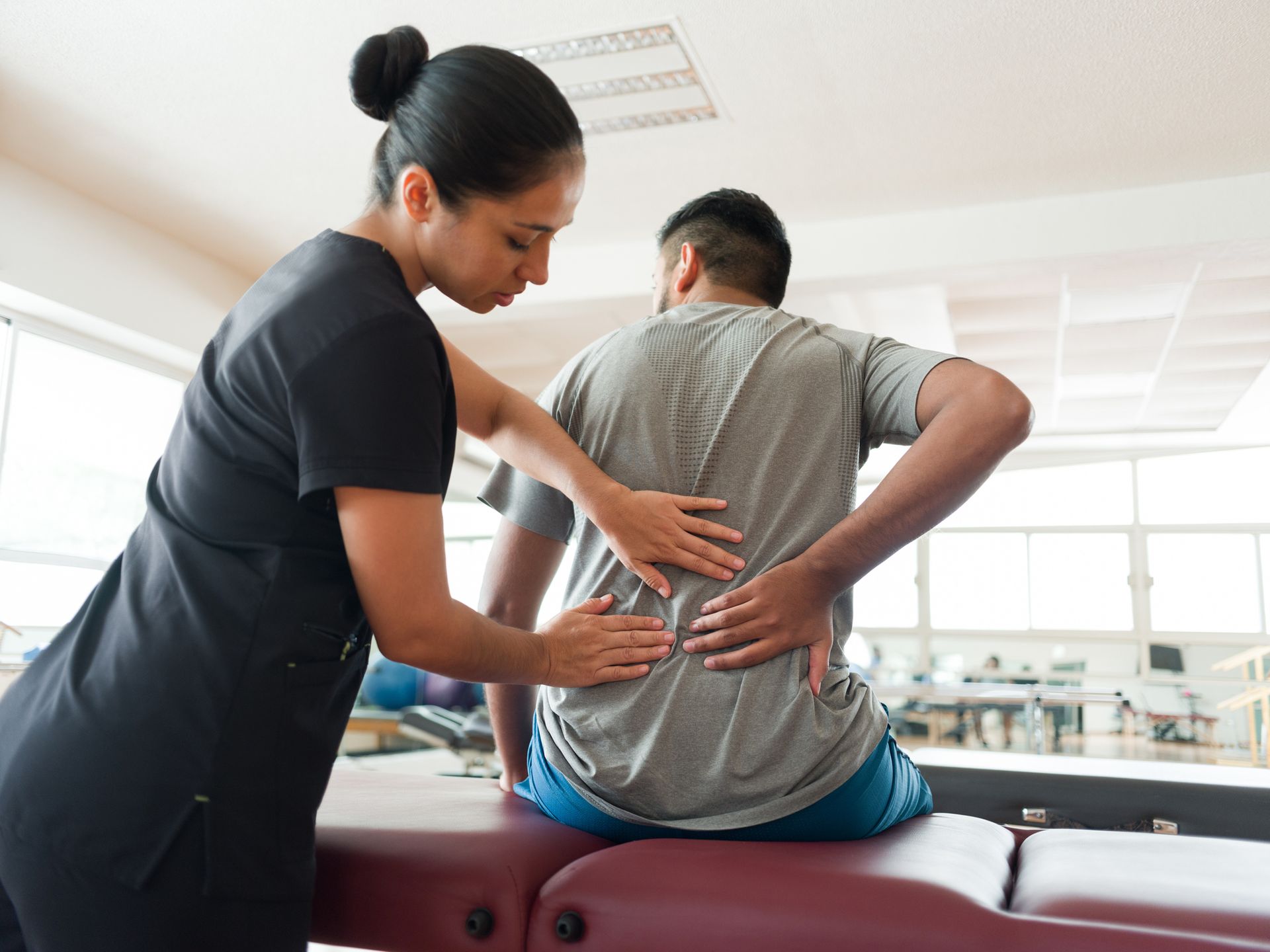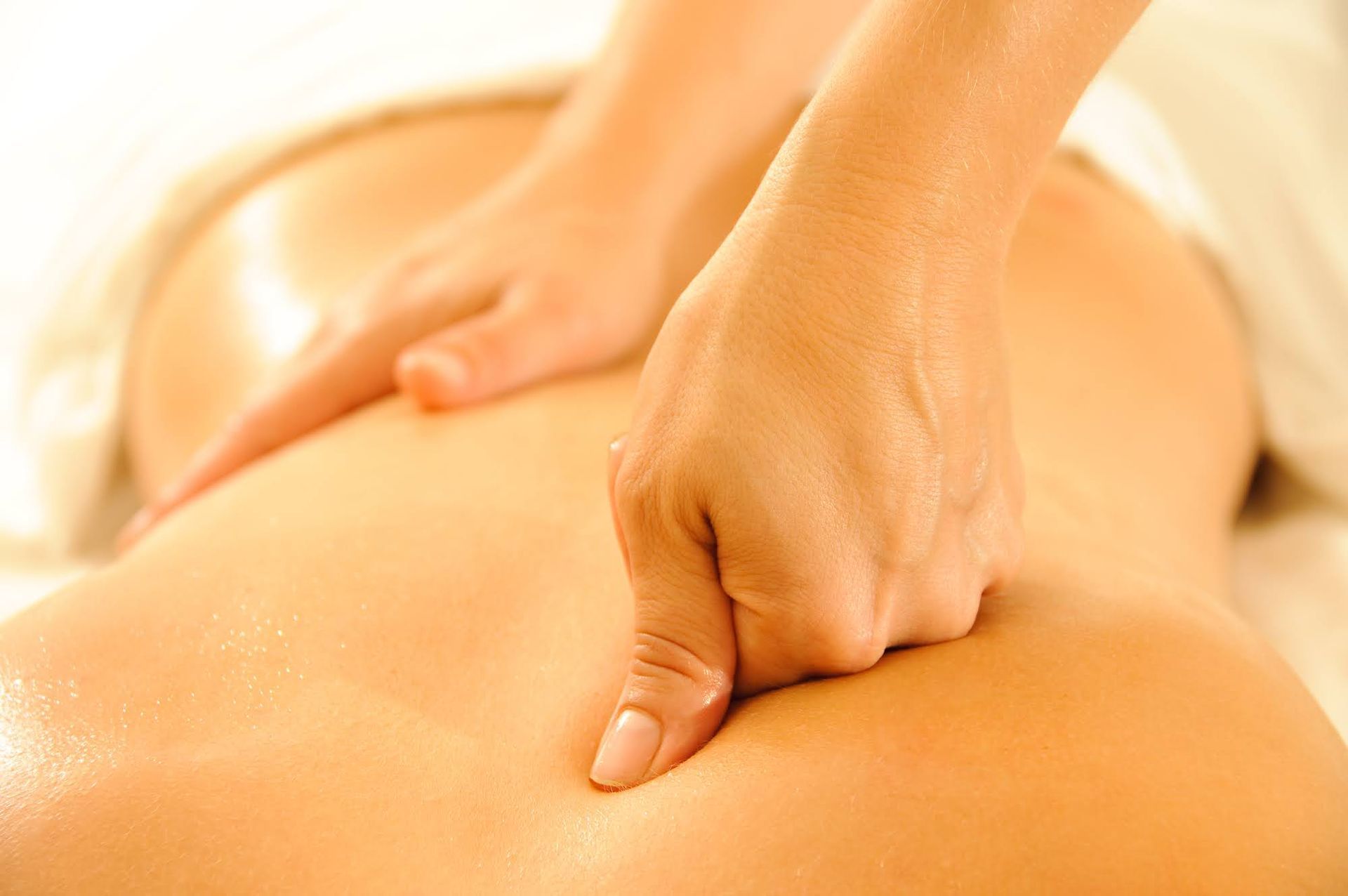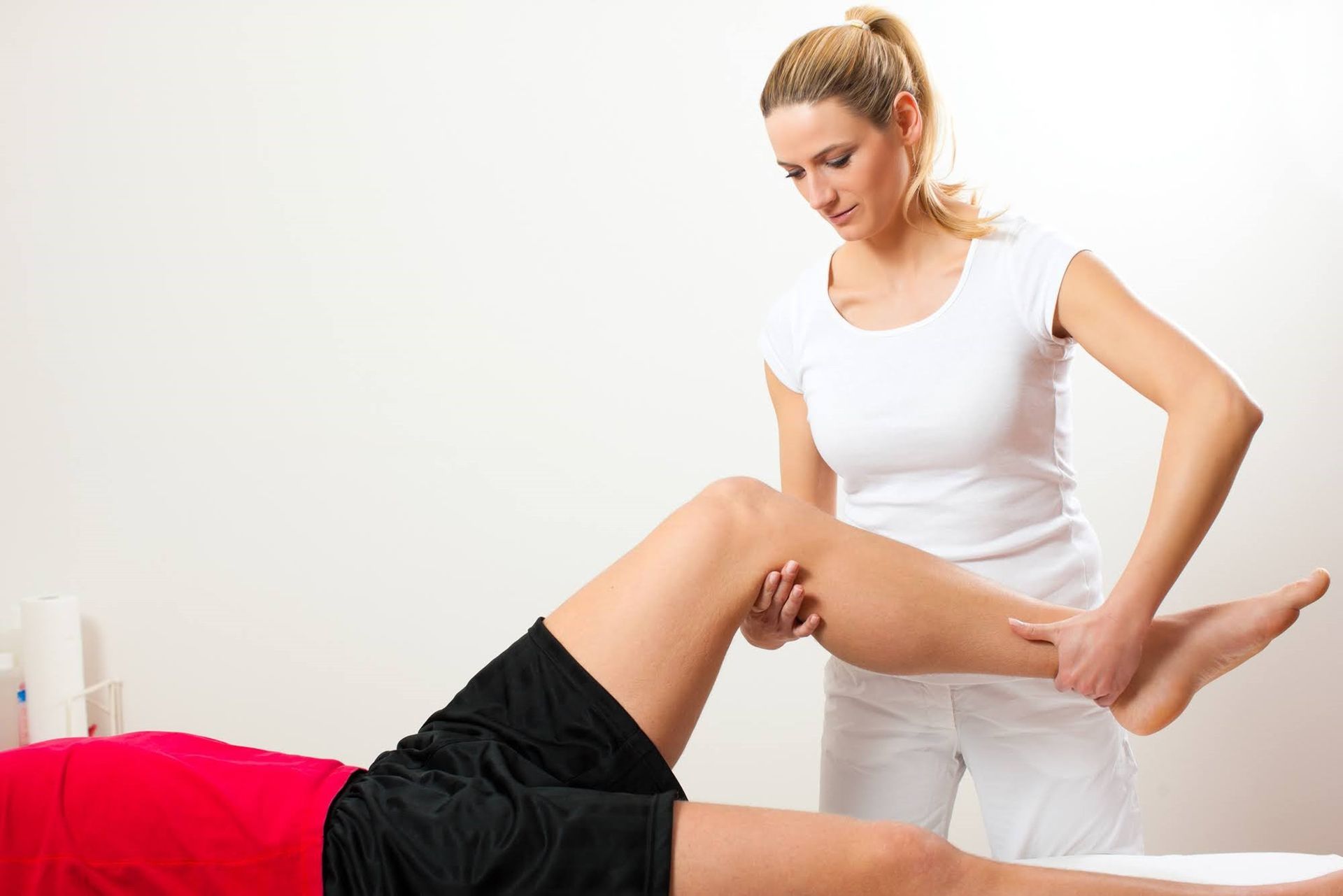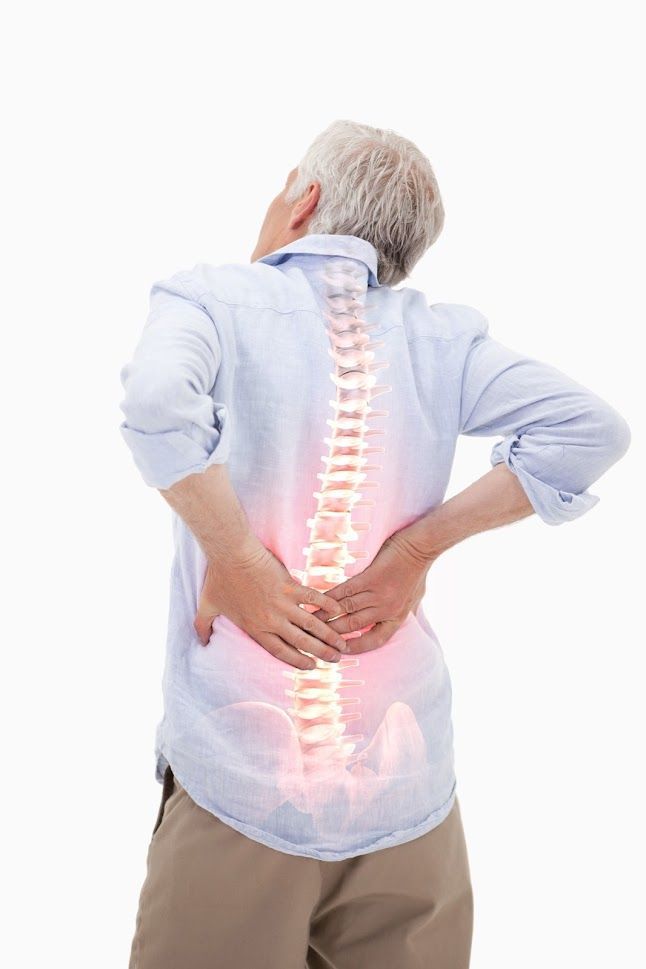Common Home Remedies for Knee Pain
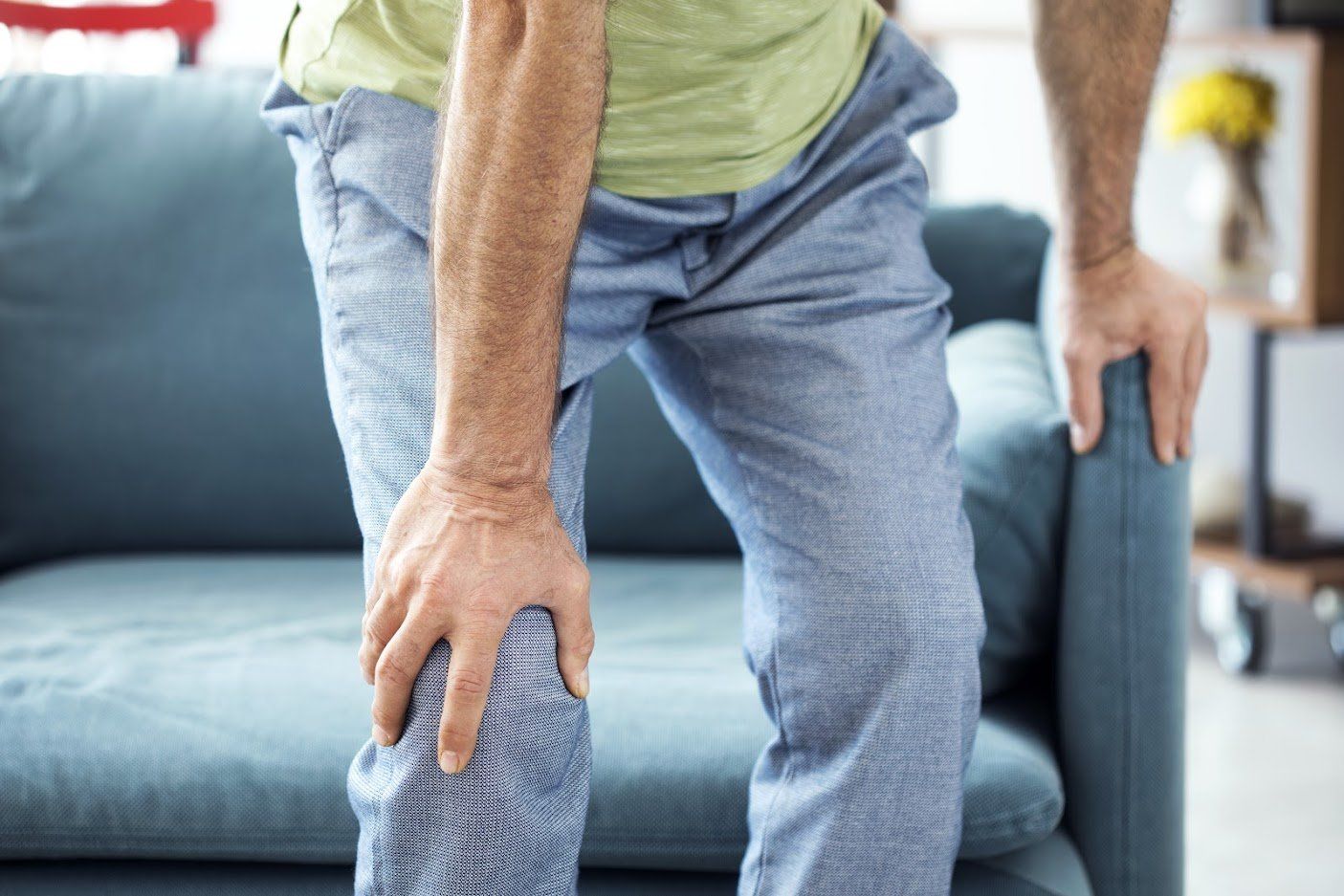
Knee pain is a common problem that can worsen over time. Apart from knee injuries, other conditions, like rheumatoid arthritis, meniscus tears, and osteoarthritis, can cause knee pain. Because of the discomfort knee pain cause, you might want to find temporary relief before you visit a therapist.
Learn how to temporarily minimize knee pain at home.
Amp Up Your Workout Routine
If you have osteoarthritis, routine physical exercises can relieve the symptoms and speed up your recovery. Through workouts, your knee joints will not stiffen, and your leg muscles will not weaken. Gentle or low-impact physical workouts, like walking, yoga, and cycling, can relieve knee pain. If you have a knee strain, avoid prolonged sitting, low chairs, or unsupportive shoes.
Use Cannabidiol (CBD)
Cannabidiol (CBD) has anti-inflammatory properties, which can reduce knee pain. Also, medical marijuana reduces pain in the knee joints through inhibition of the pain pathway signaling. Medical marijuana is not a psychotropic drug, so it won't interfere with your brain or nervous system.
Use Turmeric
Turmeric is good both for your knee pain relief and the regulation of your immune system responses. Regarding turmeric usage, take a mixture of turmeric powder with warm milk if you have knee pain. Also, applying turmeric paste where pain in your knee occurs can be helpful.
Avoid high turmeric doses to prevent an upset stomach or interference with your knee pain recovery process.
Get Heat and Cold Treatment
Heat treatment can make your knee muscles less stiff and more relaxed, reducing the overall knee pain. If you have knee inflammation or swelling, cold treatment will relieve the condition and enhance your mobility.
Heat and cold treatment simultaneously might not be helpful, so alternate the treatments. Also, avoid a heating pad that is too hot during heat therapy and direct ice contact with your skin during cold treatment.
Take Medication
If you have knee pain, especially because of arthritis, consider non-steroidal anti-inflammatory drugs (NSAIDs). Also, acetaminophen, topical capsaicin, tramadol, and duloxetine can help relieve your knee pain. Get a prescription from an experienced doctor before you purchase such drugs to avoid the wrong dosage and possible side effects.
Use Coconut Oil
The high lauric acid levels in coconut oils can aid your recovery from knee pain. Also, coconut oil is analgesic and anti-inflammatory, properties that help minimize pain in knee joints. Besides knee pain relief, coconut oil can also treat muscle cramps and boost your immune system.
Add coconut oil to your food and take it as your daily diet. Alternatively, you can mix it with essential oil or camphor, and use the mixture to massage the area with pain in your knee.
Lose Some Weight
More body weight means more work on your knee joints. The extra pressure put on the knee joints increases the risk of inflammation and pain. So, weight management will help minimize pressure in your knee joints and reduce the risks of inflammation, especially if you have arthritis. Less animal fat and meat intake and a higher intake of vegetables and fruits can aid your weight management journey.
Use Cayenne Pepper
Capsaicin, a pain-reducing component, in cayenne pepper can aid your recovery from knee pain. Also, the component will ensure proper blood circulation in your knee for your overall knee comfort.
One way to use this remedy is to apply a mixture of cayenne pepper with warm olive oil on your painful knee. Also, you can add cayenne pepper as a spice to your daily food.
Since the discussed remedies only provide temporary relief, a visit to a knee pain therapist is always important. At Advanced Physical Therapy, we offer high-quality knee pain therapy for people with knee injuries or other knee-pain-causing conditions.


